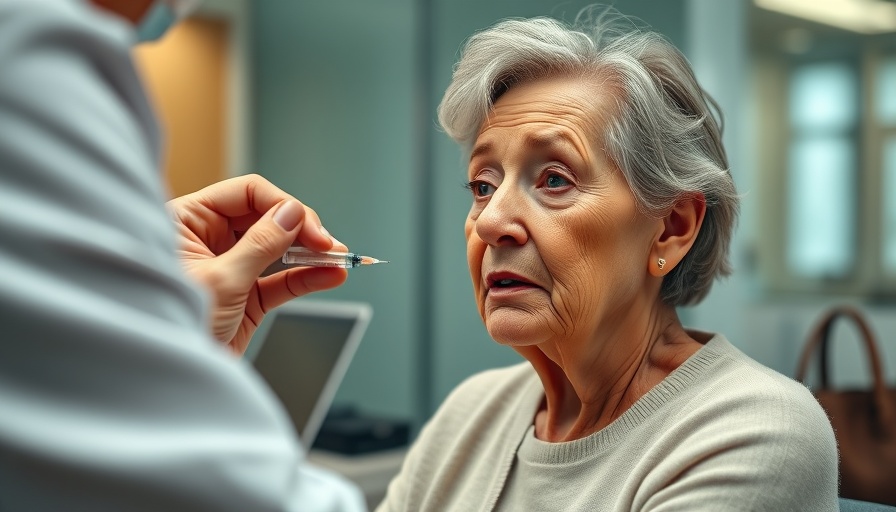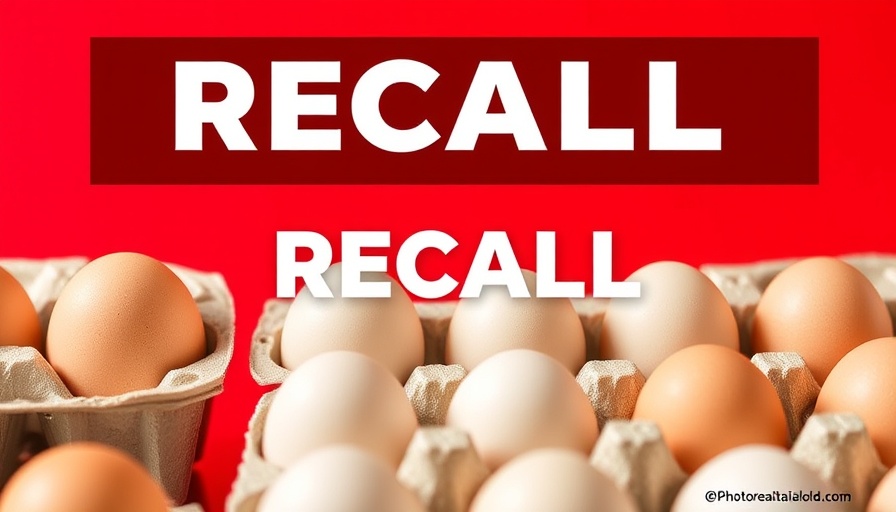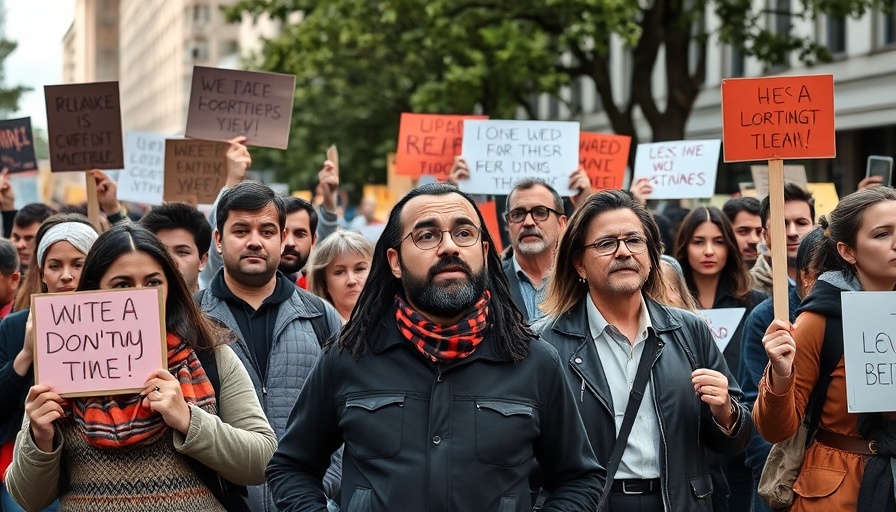
FDA's New Guidelines: A Focus on Vulnerable Populations
In an unexpected turn, the FDA has announced that new COVID vaccine boosters will now be limited to high-risk Americans, a decision that could have significant implications for those over 55, especially in states like Louisiana. This shift in policy marks an important moment in the ongoing battle against COVID-19, emphasizing the need for strategic health measures in protecting the most vulnerable populations.
Understanding Who Are Considered High-Risk
High-risk individuals typically include older adults, people with pre-existing medical conditions, and those with weakened immune systems. As we aim to navigate through a post-pandemic reality, understanding who qualifies can help tailor health responses and promote awareness. In Louisiana, for instance, this focus on specific groups could mean prioritizing access to vaccines for rural populations who may struggle with healthcare logistics.
Benefits of Limited Booster Access for the At-Risk
Limiting boosters to high-risk groups allows for a concentrated approach to combating potential resurgence in COVID-19 cases. This strategy not only optimizes resources but also reduces the risk of severe illness among those most susceptible. According to Dr. Marc Siegel, a senior medical analyst, this method could result in better protection for citizens, ensuring that the frontline against the virus is fortified where it counts most.
Historical Context of COVID Vaccination Policies
The vaccination struggle has evolved over time. Initially, COVID vaccines aimed to achieve herd immunity by encouraging widespread adoption. However, as new variants have emerged and public sentiment has shifted, policies have adapted. Understanding this historical context sheds light on why the FDA's recent decision, while controversial, may be a necessary evolution in response to ongoing challenges posed by the virus.
How This Affects Older Adults in Louisiana
For Louisianans over 55, this news arrives with mixed feelings. Many community members may feel relief knowing that health authorities are concentrating efforts on protecting the most vulnerable. Yet, it might also spark feelings of exclusion among those who are not classified as high-risk. A strong community dialogue is essential here to bridge understanding and promote mental well-being.
Challenges with Vaccine Accessibility and Distribution
One significant challenge in reaching high-risk individuals is accessibility. Louisiana has historically faced healthcare disparities, particularly in rural areas where healthcare facilities are less available. Older adults might struggle to find locations that offer the new boosters or may face transportation issues. Solutions need to involve collaboration between local governments and health organizations to ensure that those who need the vaccines can access them easily.
Expert Opinions vs. Public Sentiment: A Divided Landscape
As the FDA implements these new guidelines, both experts and the public have reacted strongly. Some healthcare professionals laud the focus on high-risk groups, suggesting it’s a pragmatic decision grounded in resource management. Meanwhile, others argue that the vaccine should still be offered to everyone, especially in a state like Louisiana, where under-vaccination remains a concern. It poses the question: how do we balance safety, practicality, and the community at large?
What’s Next After the Booster Restrictions?
Looking ahead, the approach to COVID vaccination will undoubtedly continue to evolve. With increased emphasis on high-risk individuals, it will be crucial to see how this narrow focus impacts overall public health. Experts predict that continued data collection and monitoring of vaccine effectiveness will shape future recommendations. For older adults in Louisiana, staying informed and proactive about health choices is more vital than ever.
Conclusion: Taking Action for Your Health
As we wrap up, it's important for individuals over 55 to stay informed and proactive about their health, especially in this evolving COVID landscape. Engaging in discussions with health professionals, family, and community members about vaccination can provide clarity and enhance collective community health. Let’s pledge to take care of one another by ensuring we remain vigilant and informed regarding our health choices.
 Add Row
Add Row  Add
Add 



Write A Comment